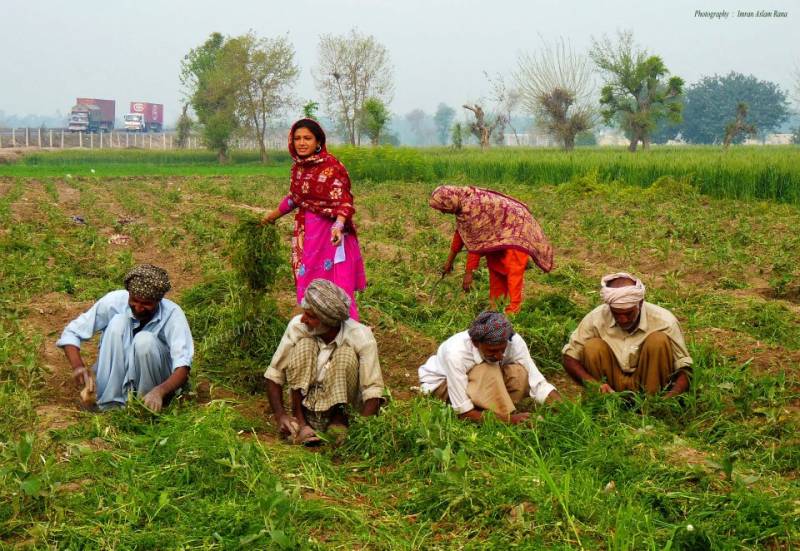The severely neglected agriculture sector finally gets its day in the sun as the World Bank has announced a Sindh Irrigated Agriculture Productivity Enhancement Project (SIAPEP), set to be five-year programme from 2016 to 2021, worth a staggering Rs 30.13 billion. The agriculture sector in Sindh has suffered for far too long and requires a megaproject such as the SIAPEP to bring it out of its misery and doom.
The project is aimed at improving agriculture productivity of small and medium size farms cultivation by providing lining of watercourses up to 30 percent of the total length, provision of farmers community flood shelters, introduction and expansion of high efficiency irrigation systems, and most importantly training and capacity building of farmers to improve agriculture practices, including integrated pest management and irrigation agronomy.
Lack of political will and the absence of sustainable agriculture policy has rendered vast areas of land in Sindh useless. An integral cause of the farmers’ unending cycle of poverty is the unfair price that they receive on each crop. It is high time that the concept of Fair trade makes its way to the developing nations that require the fair-trade premium to improve their standard of living.
This cycle of poverty translates to food and water shortage, and lack of education and access to healthcare. To make maters worse, circular debt in the food sector has hit Rs 120 billion and the government does not have enough resources to purchase reaped wheat. While the country is struggling with debts in the energy sector, the food sector is spiralling downhill.
Ensuring food security is one of the most pressing issues of this century. If the episode in Thar has taught our leaders and lawmakers anything is that the agriculture sector needs a major upheaval from the grass root level all the way to the top, in order to prevent wide scale death and disaster.






